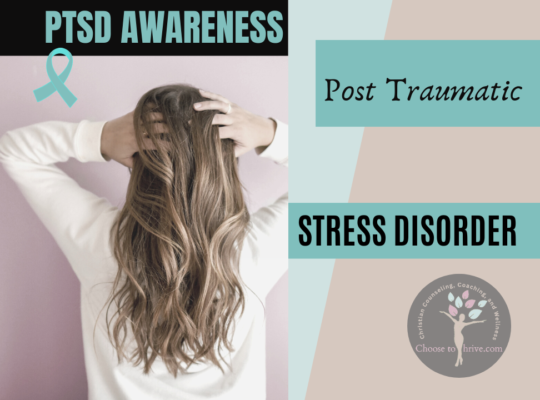The Power of Self-Compassion in Mental Health
Self-Compassion in Mental Health: Transforming Your Emotional Well-Being I often say, “Wherever you go, there you are, you might as well enjoy the ride.” In order to do this, you have to be good to yourself in your thoughts and intentions. Today we are talking about the power of self compassion, the one often overlooked …







